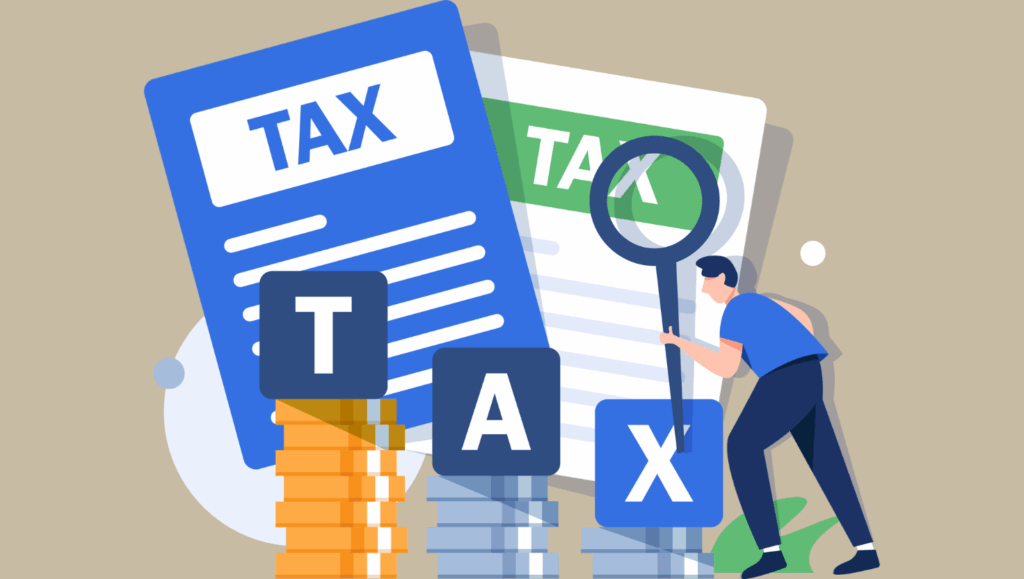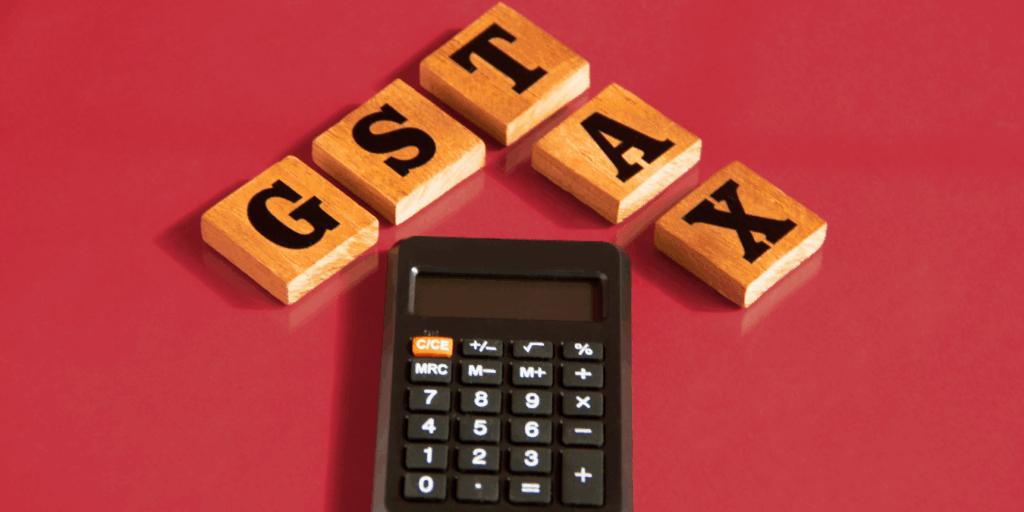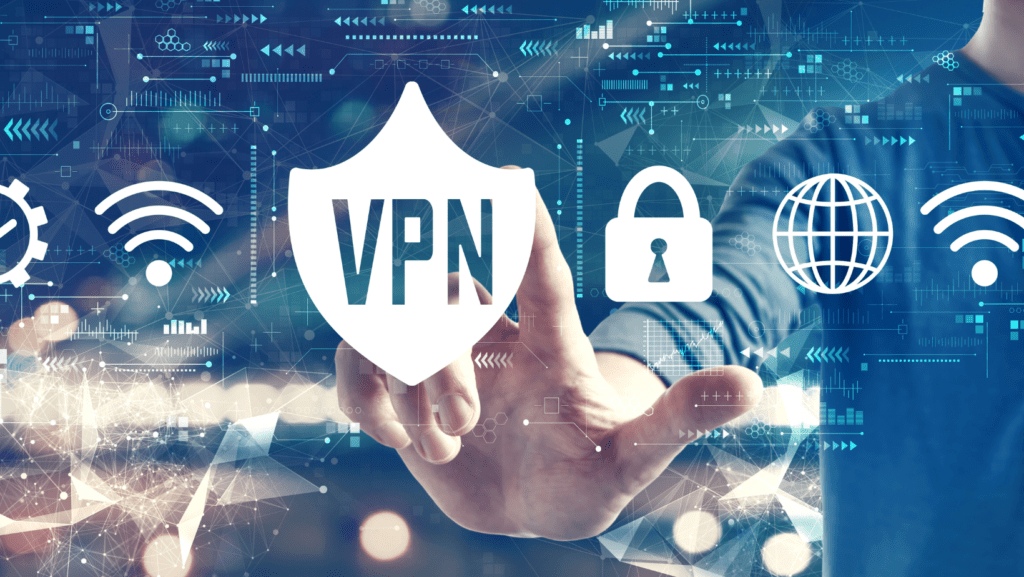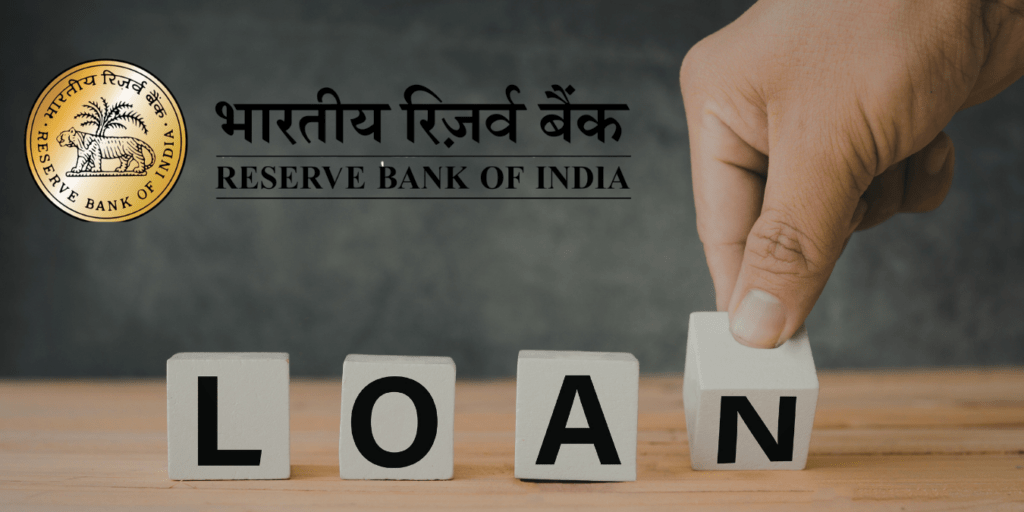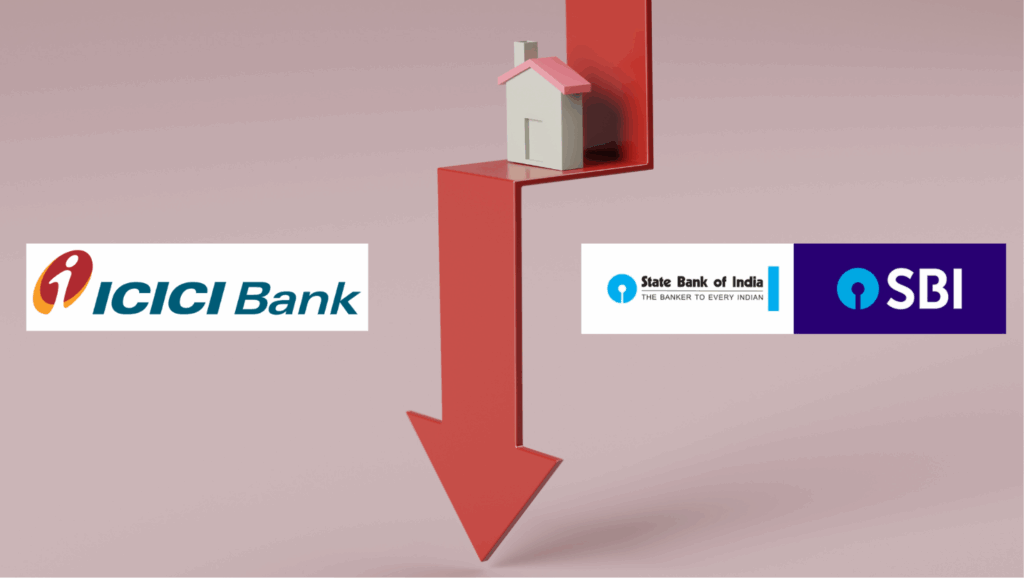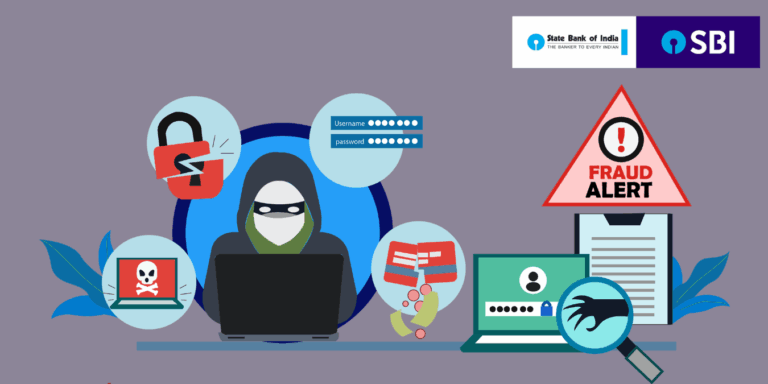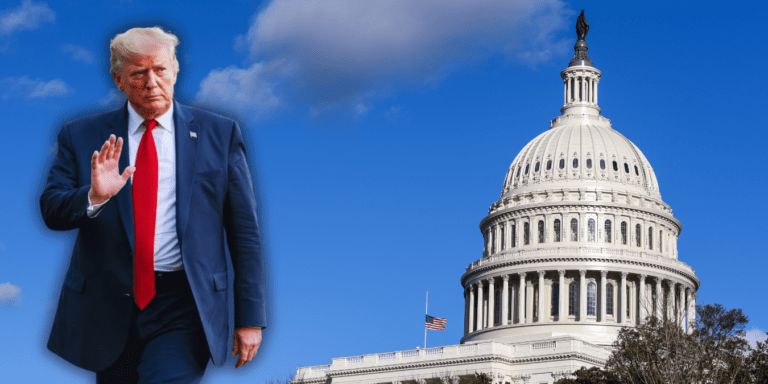
Madras High Court’s Landmark Ruling: “Crypto Is Property” — What It Means for India’s Digital Future
India’s crypto world just flipped — the Madras High Court has declared cryptocurrency as “property.” This shocking verdict gives digital coins legal ownership status, altering how investors, tax authorities, and courts treat crypto. What’s next for India’s trillion‑dollar digital asset future? The answer might surprise you.
When Justice Anand Venkatesh of the Madras High Court declared that “cryptocurrency is property capable of being held in trust,” it marked a transformative moment in India’s legal and financial story. For the first time, an Indian court formally recognized crypto assets not as “virtual tokens” or “speculative hype” but as legally protectable property—bringing long-awaited clarity for millions of investors, traders, and businesses navigating India’s complex crypto landscape.
The Verdict That Changed Everything
The case involved an investor, R. Rhutikumari, who found her 3,532 XRP tokens (worth ₹1.98 lakh) frozen after the 2024 WazirX hack, which drained $230 million in Ethereum and ERC-20 tokens. She argued that her assets were independent of the hacked funds and sought protection under Section 9 of India’s Arbitration and Conciliation Act, 1996. WazirX’s parent, Zettai Pte Ltd (Singapore), countered that all users should bear losses collectively as part of its foreign restructuring plan — but Justice Venkatesh firmly disagreed.
In his ruling, he emphasized:
“Crypto is capable of being enjoyed, possessed, and held in trust. It carries value, control, and ownership consistent with the legal concept of property.”
Why This Judgment Matters
This was not just about one investor. This judgment redefined how digital assets fit within Indian law. Until now, cryptocurrencies lay in a twilight zone — taxed but not recognized as property, regulated by FIU-RBI documents but lacking judicial protection. That vacuum is now filled.
Justice Venkatesh went beyond India’s borders, referencing landmark cases like Ruscoe v. Cryptopia Ltd (New Zealand) and AA v. Persons Unknown (UK), both of which recognized crypto as property. By aligning with international standards, the Madras High Court has effectively made India part of the global consensus treating cryptocurrencies as legitimate, ownable virtual property.
A Legal Shield for Crypto Investors
Before this ruling, many Indian crypto holders faced a legal paradox — they were obliged to pay 30% tax on crypto gains (under Section 115BBH, Finance Act, 2022) but had no protection against hacks, frauds, or exchange collapses.
Now, with crypto recognized as “property,” holders can:
- Claim legal ownership in disputes, fraud recovery, or inheritance cases.
- Seek damages or trust-based remedies if exchanges mismanage assets.
- Include digital assets in wills and wealth declarations.
- Assert property rights under Indian Contract and Trust laws.
In essence, your crypto holdings are now as protectable as your gold or mutual funds — a revolutionary shift in how digital value is treated.
The Broader Economic Impact
India’s crypto economy was staggering under uncertainty. Post this ruling, immediate impacts include:
- Investor Confidence Surge: Traders now have greater faith that their assets enjoy legal protection.
- Exchange Reform: Platforms like WazirX, CoinDCX, and ZebPay must tighten security and governance because investor holdings are now trust property.
- Taxation Clarity: The 30% flat tax stays, but classification as "property" could open the door for capital gains benefits or estate treatment under revised taxation.
According to policy experts, this could attract institutional investors who previously stayed away due to unclear asset classification.
How Global Rulings Shaped the Indian Verdict
Justice Venkatesh’s reasoning was deeply researched. He cited:
- Ahmed G.H. Ariff vs CWT — where “property” includes every species of valuable right.
- Jilubhai Nanbhai Khachar vs State of Gujarat — which defined property as rights with exchangeable value.
By combining these principles with international crypto property precedents, the Court placed decentralised assets squarely inside India’s legal property framework.
Trust, Blockchain, and the Indian Legal Renaissance
The use of the phrase “capable of being held in trust” is profound. It means exchanges act as trustees for user funds — a seismic shift in accountability. If proven that an exchange mishandled assets, users can now sue for breach of fiduciary duty, not just breach of contract.
This paves the way for:
- Court-mandated audits of crypto exchanges.
- User restitution frameworks post-hacks.
- New insurance or custody models for digital property protection.
The Ripple Effect Beyond Cryptocurrency
While this case focused on crypto, its implications go far beyond. By treating virtual assets as property, courts have set a precedent applicable to NFTs, tokenized securities, and blockchain-tied assets. Tech advocates see this as India’s judicial embrace of Web3 ownership — legitimizing digital wealth for a billion-strong economy.
A Win for Regulators Too
Ironically, this ruling could strengthen India’s regulatory ecosystem.
By acknowledging crypto as property, courts compel exchanges to register under FIU-IND (Financial Intelligence Unit) norms and comply with AML/KYC reporting — pushing the sector closer to mainstream financial tools.
This ruling doesn’t legalize crypto as currency, but it solidifies its position as an asset class akin to equity or real estate.
Expert Reactions Across India
Adv. Meera Krishnan, blockchain policy consultant:
“This ruling finally bridges India’s crypto-regulatory gap. We taxed it, debated it, and now we’ve recognized it.”
Vikram Chopra, fintech investor:
“This is India’s coming-of-age crypto moment. Legal recognition brings compliance, security, and innovation on the same page.”
CryptoIndia Blog called it “a silent revolution packed inside a single judgment.”
How Traders and Investors Can Respond
Here’s how Indian crypto users should act in this new legal environment:
- Secure Documentation: Keep transaction records and wallet keys verified by exchange KYC. Courts now treat this as evidence of ownership.
- Add Crypto to Estate Plans: Include digital assets in wills and wealth disclosures.
- Stay Tax Complaint: Continue reporting gains under Section 115BBH even as the property angle may unlock future deductions.
- Diversify Custody: Use multiple trusted wallets and exchanges with Indian legal presence.
The Unfolding Future: Crypto Meets Indian Jurisprudence
The judgment’s importance transcends the courtroom — it’s a signal to the world that one of the largest democracies is formally decoding digital property rights. Legal scholars already call it the beginning of a “Crypto Civil Code” in India.
By establishing that cryptocurrencies possess definable, identifiable, and controllable value through blockchain and private keys, the Court has brought blockchain law into mainstream Indian jurisprudence.
What This Could Mean for the Tax Regime
Until now, the Finance Act 2022 taxed crypto under “Virtual Digital Assets” but without ownership classification. Recognition as property might evolve to:
- Introduce long-term vs short-term capital gain differentiation.
- Allow inclusion of crypto in asset-backed loans or pledges.
- Mandate registration for large-volume traders as digital asset holders under FIU-IND.
A Shocking Twist — Jurisdiction Clarity
WazirX argued jurisdiction belonged to Singapore. But the Madras HC cited PASL Wind Solutions vs GE Power Conversion India (2021), reaffirming that Indian courts can protect Indian residents’ property even if arbitration occurs abroad. This will likely serve as precedent for future cross-border crypto disputes.
Quick Take: What Makes This Case Revolutionary
- First-ever judicial acknowledgment that crypto is legal property in India.
- Strengthens investor rights for hacks, disputes, and inheritance.
- Aligns India with UK, Singapore, and New Zealand property interpretations.
- Enhances FIU, SEBI, and RBI coordination possibilities.
- Encourages regulated exchanges and digital asset custody services.
Smart Implications for the Fintech Sector
For fintech founders and blockchain startups, this judgment means regulatory legitimacy. They can now innovate legally sound token-trust mechanisms, custody products, or even decentralized identity layers grounded in recognizable property law.
Legal-tech incubators are likely to flourish, offering frameworks for crypto arbitration, fraud protection, and recovery — a sector currently underserved but now empowered.
The Global Glimpse: India Steps Up
As developed economies debate crypto ownership frameworks, India’s judiciary just leapfrogged ahead. The move resonates with G20’s global financial transparency goals and showcases India’s digital policy maturity.
Observers predict the ruling will influence:
- Central Bank Digital Currency (CBDC) conversations on asset backing.
- Cross-border asset recognition under the Hague Convention.
- Web3 investment policies under India’s Digital India 2.0 roadmap.
Key Takeaways
- Crypto = Property — Legally ownable, defendable, and transferable.
- Investor Protection — Assets held in trust; exchanges bear fiduciary accountability.
- Global Alignment — Matches UK, NZ, and Singapore interpretations.
- Indian Jurisdiction Secured — Local courts retain authority over Indian users.
- Tax Clarity Ahead — Capital gains and inheritance implications likely.
Final Thought
India’s crypto journey has been unpredictable — from RBI bans to tax storms to courtroom clarity. But this Madras High Court judgment might just define the next decade of digital finance. If crypto is property, what happens when that property becomes collateral for loans, registered in wills, or insured under national laws? The door is open — quietly but irrevocably — for blockchain-powered ownership in the truest legal sense.
It’s a shift few predicted, yet one that reshapes trust, trade, and technology under Indian law. In every sense, the crypto revolution has moved from exchange charts to courtroom walls, giving digital value the same legitimacy as land, shares, or gold. What happens next could decide the future of India’s trillion-dollar digital asset economy — and the smart investors are already preparing for it.
